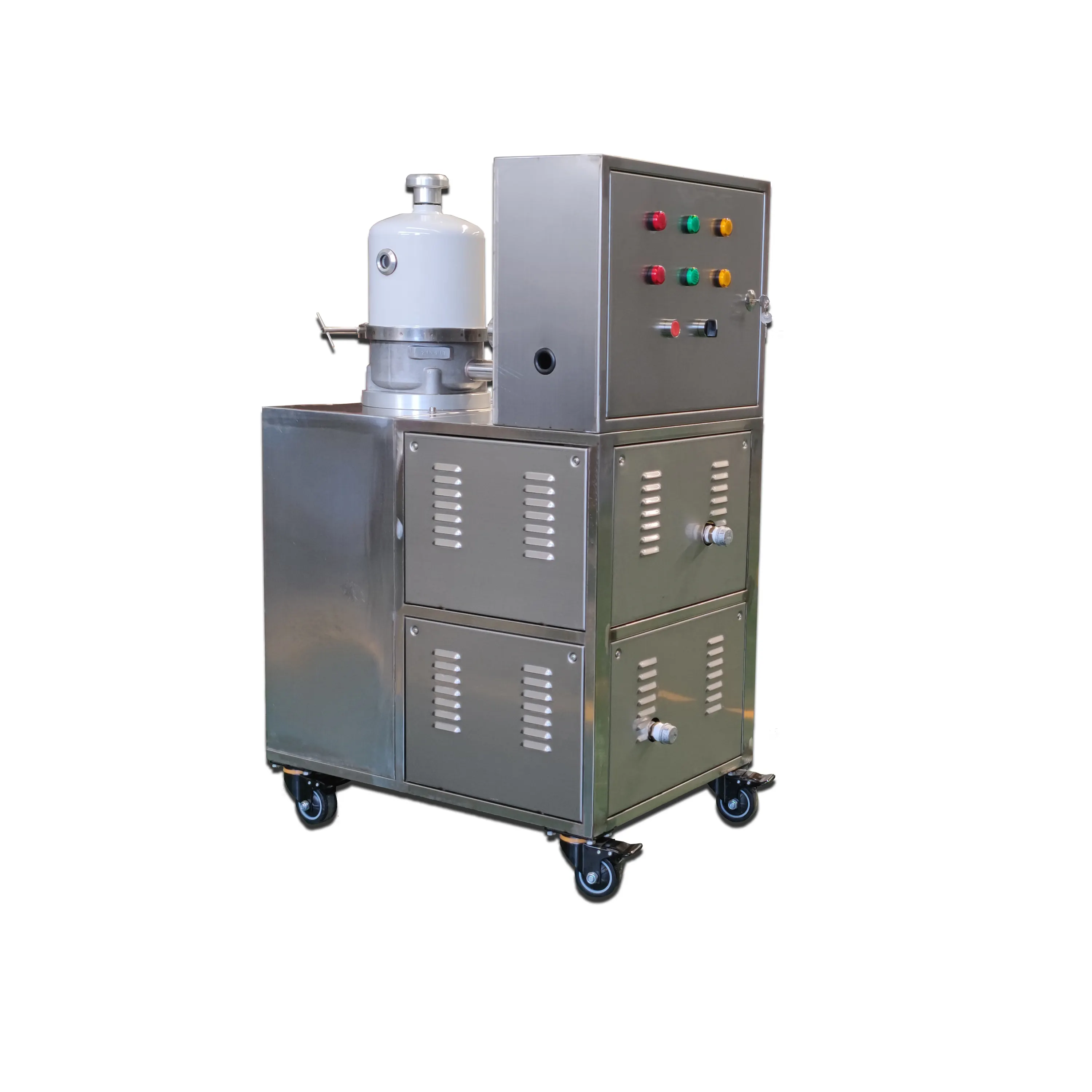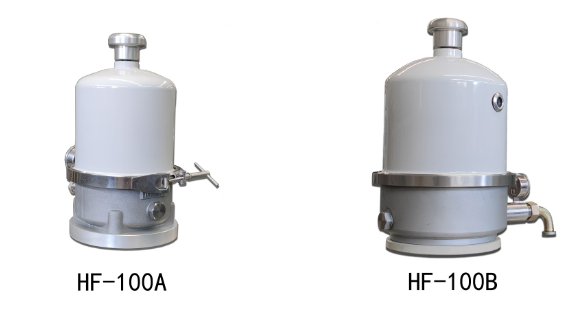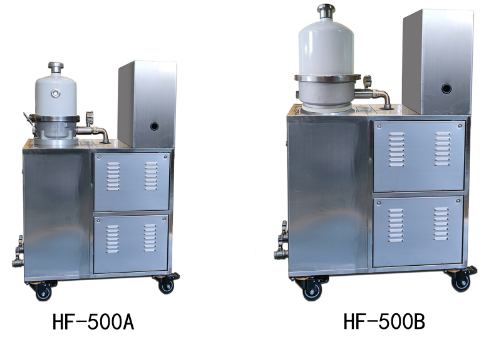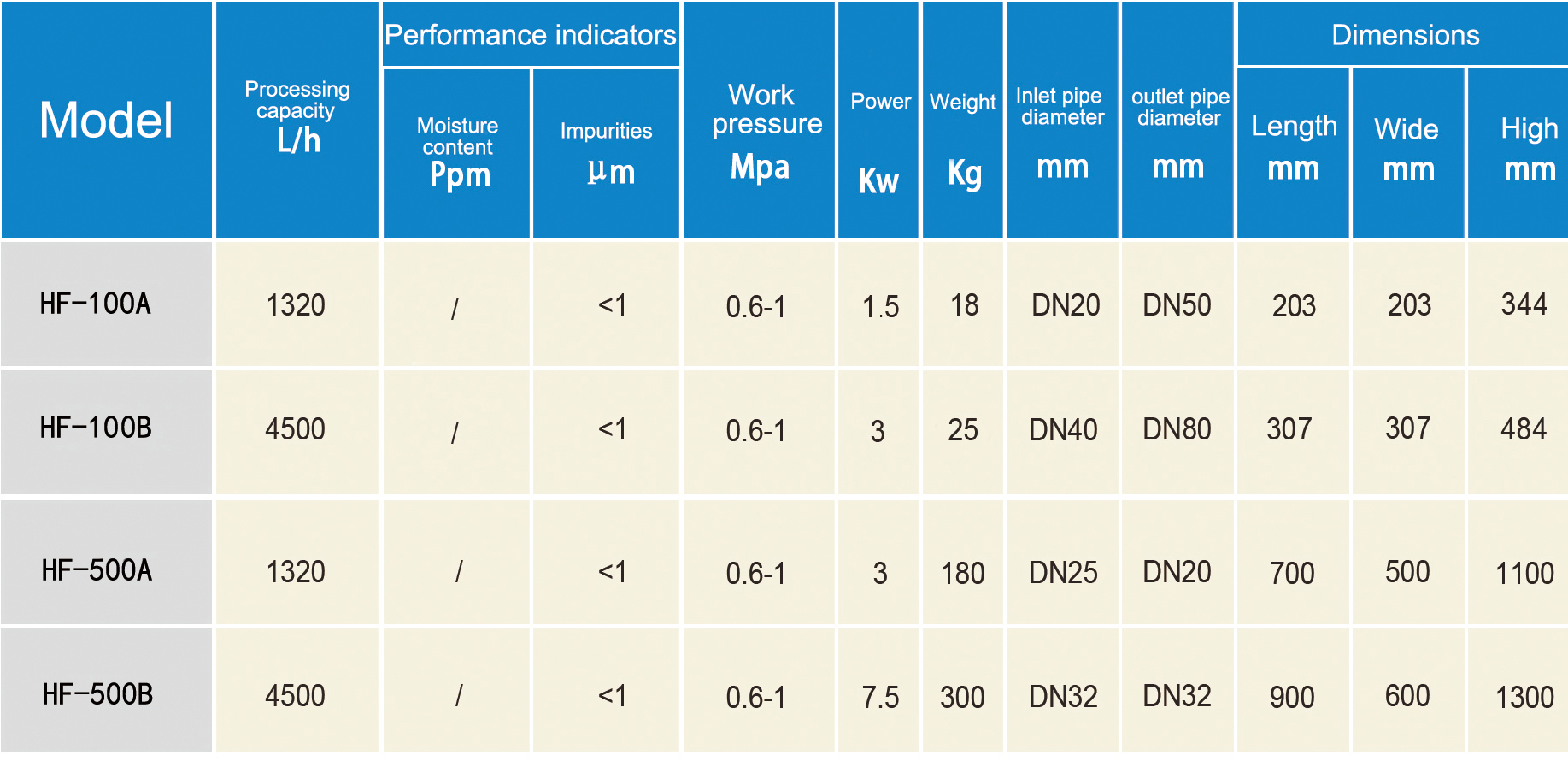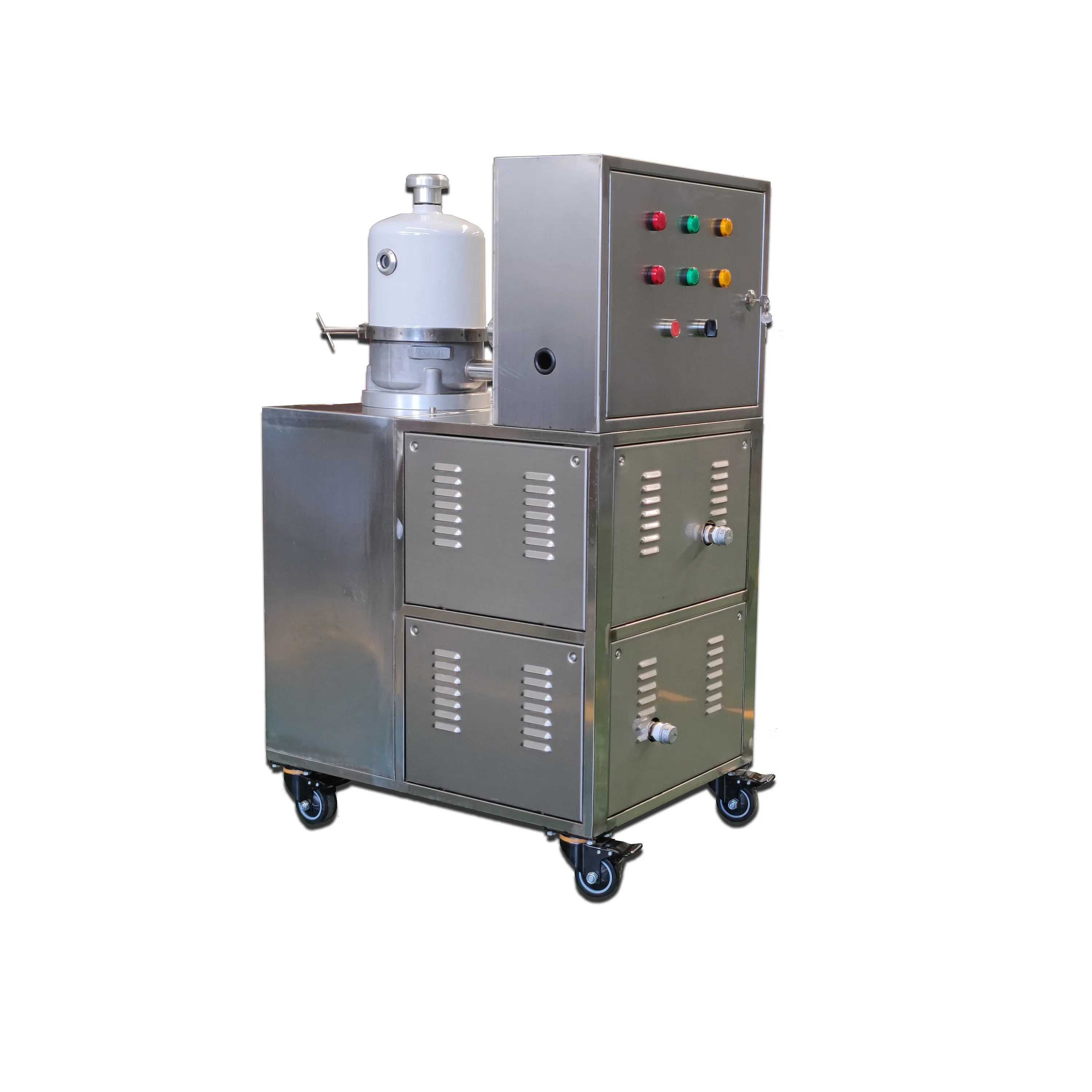
Oil purification machine for rolling oil
Oil purification machines are specialized equipment used to remove impurities and contaminants from various types of oils, including lubricating oils, hydraulic oils, transformer oils, and more. These machines are designed to maintain the cleanliness and quality of the oil, thereby enhancing the performance and lifespan of the equipment or machinery that relies on it.
Applications
Oil purification machines find applications in various industries, including automotive, manufacturing, power generation, aerospace, and more. They are used to maintain the cleanliness of oils in engines, hydraulic systems, turbines, transformers, and other equipment. By employing effective oil purification machines, industries can reduce equipment downtime, improve operational efficiency, extend the lifespan of machinery, and minimize the risk of costly repairs or replacements. The specific design and features of an oil purification machine can vary depending on the intended application and the requirements of the oil being filtered.
Features
Horizontechnology's oil purification machines use the centrifugal separation method and have the following advantages:
High Efficiency: Centrifugal separation is highly efficient in removing solid particles and water from oil. It can effectively separate and collect contaminants of various sizes, ranging from large particles to submicron-sized particles. The centrifugal force generated during the process allows for efficient separation, resulting in clean oil.
Continuous Operation: Centrifugal separators can operate continuously, allowing for uninterrupted filtration and purification of oil. They can handle a continuous flow of oil without the need for frequent stoppages, making them suitable for applications that require continuous operation and minimal downtime.
Fast Processing: Centrifugal separation is a relatively fast method for oil filtration. The separation process occurs within a short period, allowing for quick turnaround times. This is particularly advantageous in industries where time-sensitive operations are involved.
Scalability: Centrifugal separators are available in various sizes and capacities, making them suitable for a wide range of applications. They can be scaled up or down to accommodate different flow rates and volumes of oil. This scalability allows for flexibility in implementing centrifugal separation in various industries and applications.
Reduced Maintenance: Centrifugal separators generally have fewer moving parts compared to other purification machines, which leads to reduced maintenance requirements. They are designed for reliable and long-lasting operation with minimal wear and tear. This helps to minimize maintenance costs and downtime associated with system maintenance.
Versatility: Centrifugal separators can be used for different types of oils, including lubricating oils, hydraulic oils, transformer oils, and more. They are suitable for a variety of industries such as manufacturing, power generation, automotive, marine, and aviation. The versatility of centrifugal separation makes it a widely applicable method for oil filtration and purification.
Extend Equipment Life: By efficiently removing contaminants from the oil, centrifugal separation helps to protect equipment and machinery from premature wear and damage. Cleaner oil with reduced particle contamination can extend the lifespan of critical components, such as bearings, gears, and seals, resulting in improved equipment reliability and reduced maintenance costs.
The most important point is that there is no need for high-temperature heating, no damage to the oil, and the filtered oil can reach the quality of new oil.
The importance of rolling oil filtration
Oil purification machines are essential components in maintaining the quality and performance of rolling oils in industrial applications. These machines provide a comprehensive approach to removing contaminants, preserving oil properties, and ensuring the smooth operation of rolling processes. From a professional perspective, here are key points on the role of oil purification machines for rolling oils:
Rolling oils are prone to contamination by particles, such as metal fines, dirt, and debris generated during the rolling process. Oil purification machines employ various techniques, including mechanical filtration, centrifugal separation, and magnetic filtration, to effectively remove these contaminants. By eliminating harmful particles, purification machines prevent abrasive wear, reduce component damage, and maintain the integrity of the rolling oil.
purification machines can be designed to address specific particle size ranges based on the rolling process requirements. By selecting appropriate filter media and configurations, oil purification machines can effectively capture particles of various sizes, from large debris to microscopic contaminants. Controlling particle size distribution ensures that the rolling oil remains clean and free from particles that can cause surface defects or damage equipment.
In rolling applications where a constant supply of clean oil is critical, continuous purification machines are commonly employed. These machines typically consist of a bypass filter arrangement that diverts a small portion of the oil flow through a high-efficiency filter, continuously removing contaminants while the main flow remains uninterrupted. Continuous filtration helps maintain oil cleanliness and minimizes the risk of contamination-related issues during extended operation periods.
Oil purification machines can be integrated with oil analysis and monitoring tools, such as particle counters, moisture sensors, and oil condition sensors. These tools provide real-time or periodic feedback on oil quality parameters, allowing operators to assess the effectiveness of filtration and make informed maintenance decisions. By monitoring oil condition, purification machine performance, and equipment health, proactive measures can be taken to optimize filtration efficiency and extend rolling oil life.
